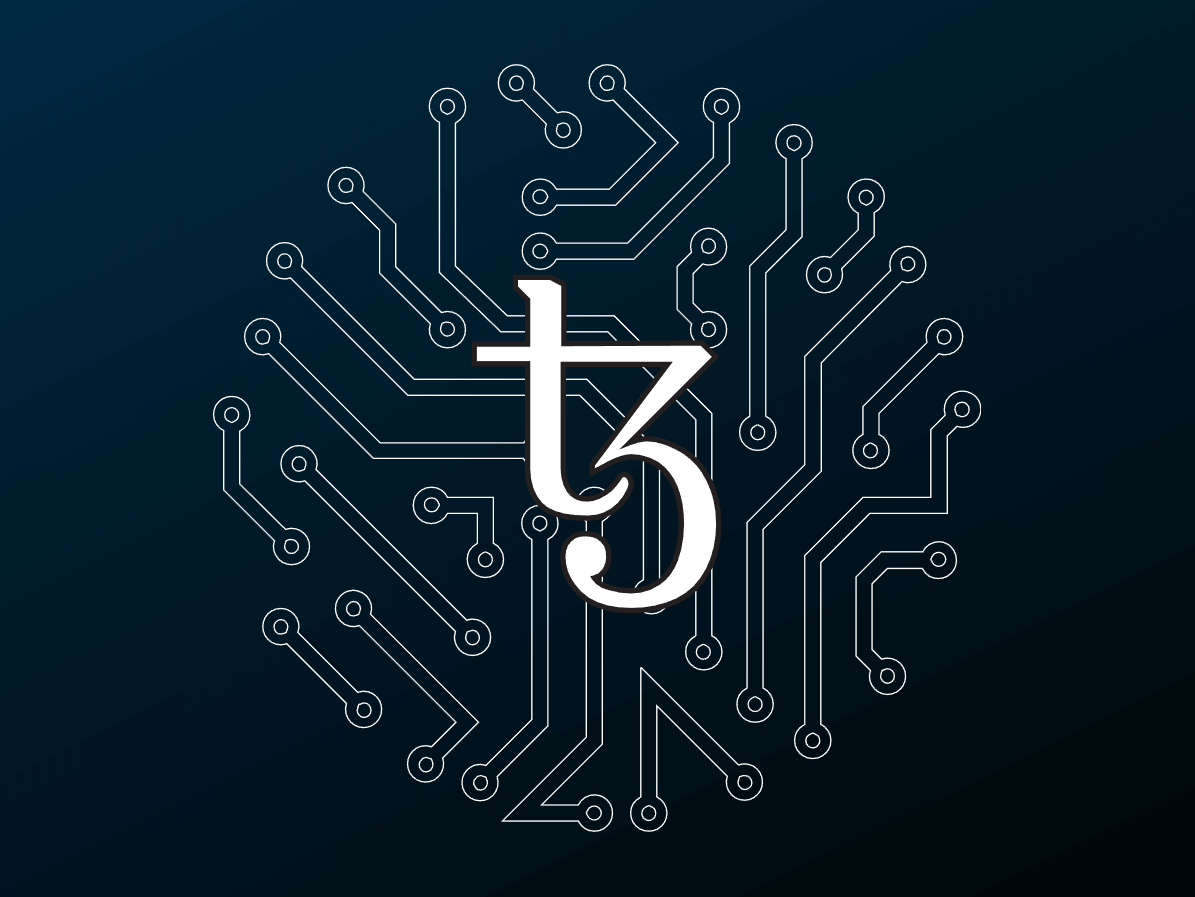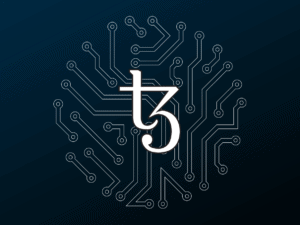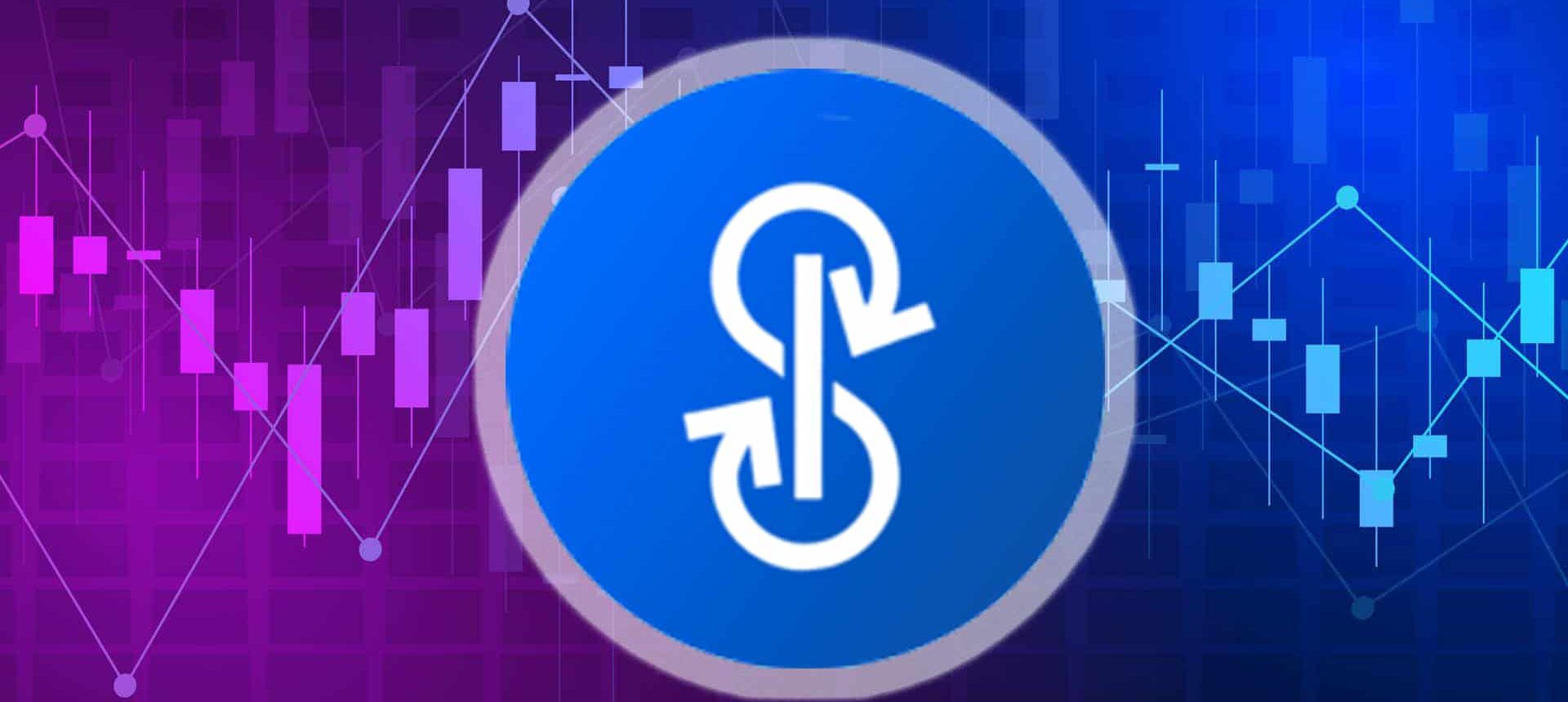Join Our Telegram channel to stay up to date on breaking news coverage
Tezos is going through several upgrades to its blockchain as it hopes to optimize its operation and attract new users. However, a proposed upgrade could have some significant ramifications for the blockchain and the asset going forward.
Upgrades All-Around
In an announcement published today, Nomadic Labs, the developers of Tezos, proposed a new upgrade to the blockchain. Dubbed “Edo,” the upgrade hopes to give the blockchain a host of new features to make it more compatible with the needs of today’s crypto investors.
The announcement, which also got cosigns from Metsatate and Marigold, highlighted some of the proposed changes. The first is the incorporation of Sapling, a library developed for the ZCash blockchain by the Electric Coin Company. Sapling allows transaction shielding – a feature that the developers plan to use to improve privacy on the Tezos blockchain.
Another prominent feature is a ticket system, which the developers believe will improve convenience with smart contracts’ ability to issue tokens and grant permissions to other contracts. The developers highlighted that they favored the ticketing system because it makes operations much easier for third-party developers.
The developers also plan to incorporate the “fifth-period” feature, which should give platform users enough time to prepare for the upgrade. It currently takes about a minute for new versions of the protocol to go live after completion, making it challenging for some network users to upgrade their nodes seamlessly.
Although there is no timeline for Edo’s implementation, it shows the developers’ seriousness about improving the Tezos blockchain. The developers have been looking to attract new users, as evidenced by their last upgrade.
Titled “Delphi,” the last upgrade was completed successfully earlier this month. Its primary feature was the reduction of smart contract fees by 745 percent. A joint post from the developers explained that they had implemented the changes to attract users from some of the crypto industry’s most exciting aspects – including gaming, collectibles, and most especially, decentralized finance (DeFi).
“The size and complexity of smart contracts is limited by gas constraints and so people attempting to build contracts with rich functionality have needed improvements to those constraints for some time,” the post explained.
The “Privacy Coin” Tag
There is no doubt that the Sapling feature will be the most critical new addition in “Edo.” By improving the Tezos blockchain’s security, Nomadic Labs and its partners would attract users looking to ensure complete transaction security.
However, the move could also have some profound consequences. Perhaps most prominent is the possible classification of Tezos as a privacy coin.
Several authorities and crypto service providers have placed restrictions on privacy coins. Many of them have done so intending to prevent the use of these coins in fraudulent operations.
Earlier this month, a press release from South Korea’s Financial Services Commission (FSC) confirmed that it would crack down on privacy coins from March 2021. In October, a report from the U.S. Department of Justice also highlighted that privacy coin holders could be engaging in “high-risk” activity.
With everyone turning their eyes to assets like Monero and ZCash, one would wonder why Tezos wants to get the same tag.
Join Our Telegram channel to stay up to date on breaking news coverage


